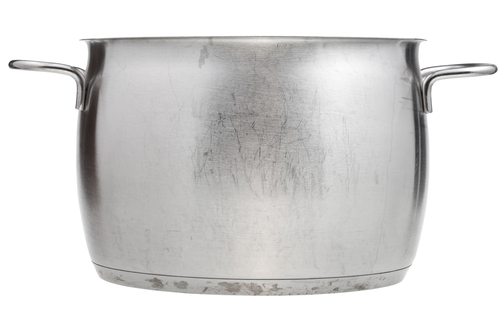In this activity, remember that milli- means 1000th and centi- means 100th.
Also, kilo means 1000.
|
This means that:
1 mm = 0.001 m
1 ml = 0.001 l
1 mg = 0.001 g
1 cm = 0.01 m
1 cl = 0.01 l
1 g = 0.001 kg
When problems involve mixed units of measurement, always convert them to work in just one unit.
Often, it is easier to work with the smaller unit of measurement and then convert back at the end if the question asks for the answer in the larger unit of measurement.
Example 1
Jack pours out 2 litres of water into an empty pan and then removes 132 ml. He then adds another 50 cl.
How much is now in the pan in litres?

Answer
Let's work in millilitres.
Remember that there are 1000 ml in a litre and 10 ml in a cl
2 litres = 2000 ml and 50 cl = 500 ml
2000 ml - 132 ml + 500 ml = 2368 ml
Finally, we need to convert back to litres by dividing by 1000.
2.368 l is in the pan.
Example 2
Ann joins a 52 cm pipe, end to end, to one that is 2.5 m long.
She then realises that this is too long and removes 52 mm of pipe.
How long is the pipe now in m?
Answer
We'll work in cm.
2.5 m = 250 cm and 52 mm = 5.2 cm
52 cm + 250 cm - 5.2 cm = 296.8 cm
Convert back to m by dividing by 100.
The pipe is 2.968 m long.

Let's try some questions on this now.
There's a lot to remember, so feel free to check back to this page at any point by clicking on the red help button on the screen.

